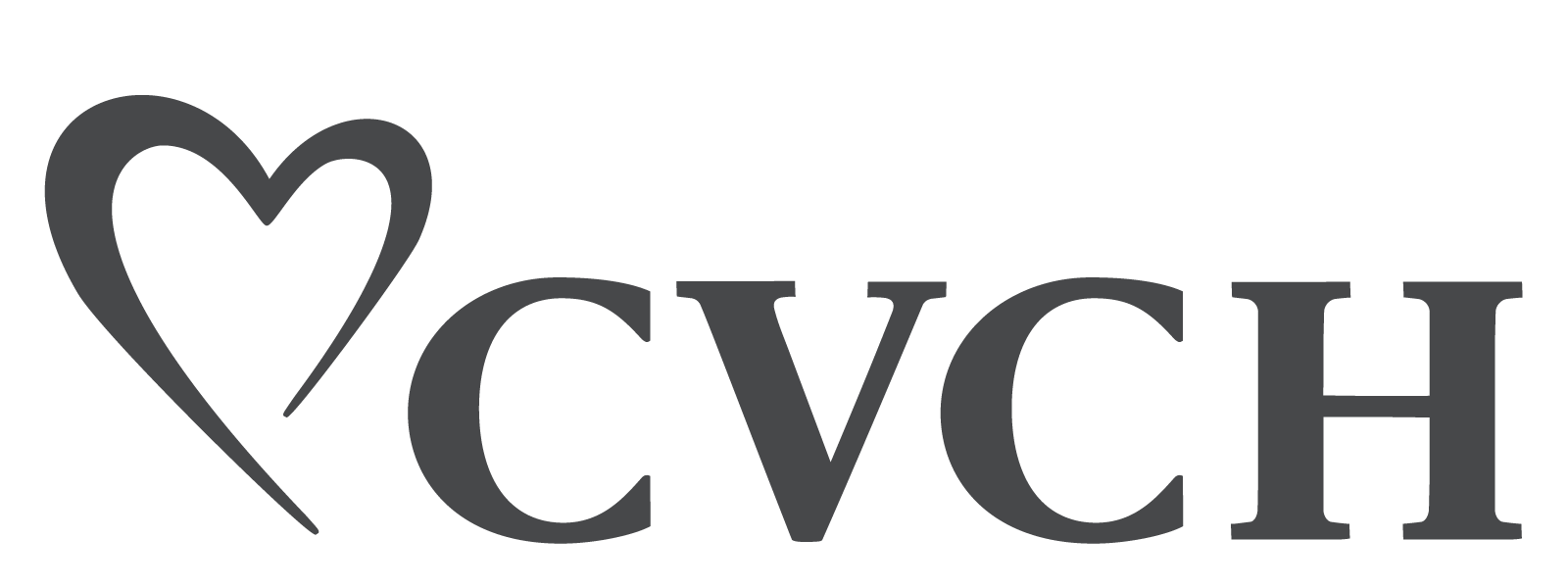COVID-19 Testing
- Home test kits are available at our Wenatchee and Chelan Pharmacies.
- You can talk with your provider about testing at CVCH.
For the latest information on our COVID-19 Vaccine, please click here.
Here’s what you need to know about the COVID-19 vaccine.
- The vaccine is safe and effective. It has been authorized for emergency use by the FDA and independent experts from the Western States Scientific Safety Review Workgroup.
- The vaccine comes in two doses, patients will need to get two shots a few weeks apart.
- You may have mild, short-term side effects. Like with other routine vaccinations, some people may experience a sore arm, fever, headaches, and/or fatigue after getting the COVID-19 vaccine.
To learn more, please visit the Washington State Department of Health website at https://www.doh.wa.gov/.
Visitor Policy
While it is still safest to leave unvaccinated people at home, if you want or need to bring family or helpers to the clinic for your visit, please make sure everyone is masked and no one has symptoms of COVID-19. You may use our in-car check in if you would like. We may need to limit visitors in certain types of visits, and we will let you know that before your visit.
Thank you for your cooperation and understanding.
Visiting CVCH
What is CVCH doing to ensure patients and visitors are safe?
CVCH’s emergency response team and infection preventionist continue to actively monitor the COVID-19 (Coronavirus) situation worldwide and at home. Our focus, always, is on illness prevention, and that remains at the core of our response to this and all health risks.
Screening:
- Throughout CVCH, we continue to screen patients for COVID-19 as per Centers for Disease Control (CDC) recommendations. We will also continue to observe all Infection Control protocols in order to keep our staff, physicians, and patients safe.
- Screenings are happening across the organization at all locations (hospitals and clinics).
- Whenever possible, we begin the screening process on the telephone before a patient visits one of our facilities.
What are the symptoms of COVID-19 (Coronavirus)?
Patients with COVID-19 could have mild to severe respiratory illness. Symptoms may appear 2-14 days after exposure.
Symptoms can include:
- Cough
- Shortness of breath or difficulty breathing
- Fever
- Chills
- Muscle pain
- Sore throat
- New loss of taste or smell
- Other less common symptoms include nausea, vomiting, or diarrhea
I think I may be feeling symptoms consistent with COVID-19 infection. What do I do?
To ensure the health and safety of yourself as well as your community, if you are exhibiting symptoms you feel may be consistent with COVID-19, we ask that you DO NOT show up at your place of health care unannounced. Instead, please call (509-662-6000) so we may ask you a few questions that will best determine your course of care.
If you are exhibiting symptoms that you feel require emergent medical attention, please call 9-1-1.
How do I protect myself and my family?
For current information about COVID-19 and recommendations for keeping yourself and your family healthy, we recommend these resources:
If you have overseas travel plans, we encourage you to visit the CDC travel site for additional information.
Our Contact Center is a service available any time of day and night. Our consulting nurse service provides home care information and can help determine if urgent care or emergency care are necessary. Call 509-662-6000 with specific questions about COVID-19.
Who is most at risk for being significantly impacted by COVID-19?
Those with existing health conditions or compromised immunity should take extra precautions to remain vigilant of symptoms and take preventive measures.
For your protection and safety, please continue to follow everyday best practices to help prevent and slow the spread of respiratory diseases, including:
- Wash your hands often with soap and water for at least 20 seconds, especially after going to the bathroom; before eating; and after blowing your nose, coughing, or sneezing.
- If soap and water are not readily available, use an alcohol-based hand sanitizer with at least 60% isopropyl alcohol. Always wash hands with soap and water if hands are visibly dirty.
- Avoid close contact with people who are coughing/sneezing.
- Avoid touching your eyes, nose, and mouth.
- Stay home when you are sick.
- Cover your cough or sneeze with a tissue, then throw the tissue in the trash.
- Clean and disinfect frequently touched objects and surfaces using a regular household cleaning spray or wipe.

